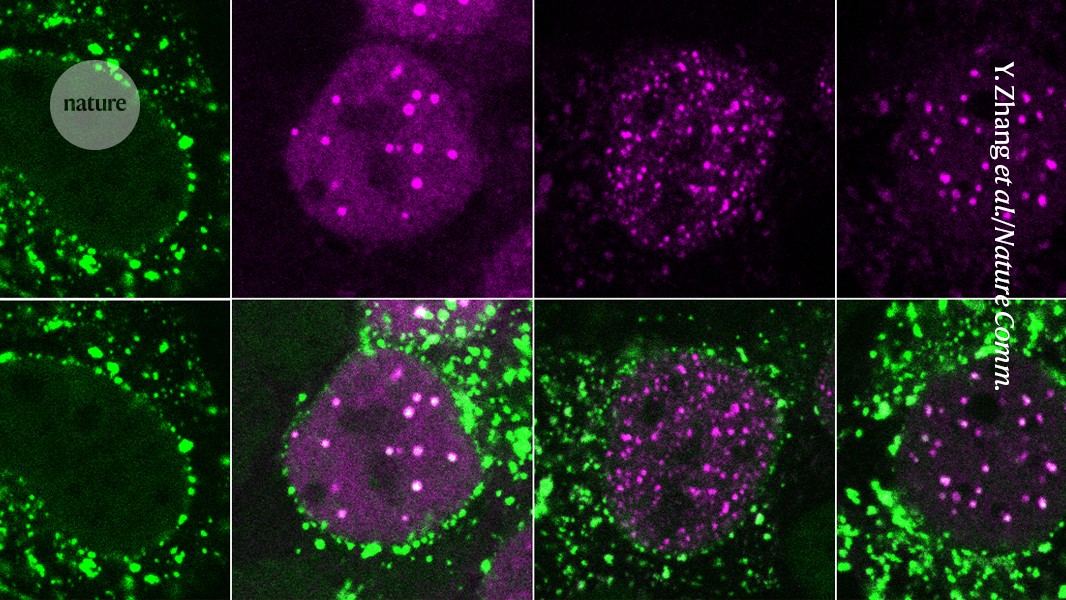
""This offers a powerful tool to selectively affect dynamic properties at each individual condensate," says Rick Young, a biologist at the Whitehead Institute for Biomedical Research in Cambridge, Massachusetts."
"Just as importantly, the tool could open the door to a new class of therapeutic strategies that target not just individual molecules in cells, but the dynamic environments that sustain them."
Researchers have developed a synthetic 'killswitch' protein that targets biomolecular condensates, which are essential for cellular organization. This 17 amino acid long protein selectively disrupts the function of membrane-free droplets responsible for vital cellular reactions. The study, published in Nature, presents an innovative tool that could significantly enhance the study of complex cellular structures associated with cancer, gene expression, and viral replication. Additionally, this approach suggests potential for developing new therapeutic strategies that focus on the entire dynamic environments of cells rather than just individual molecules.
Read at Nature
Unable to calculate read time
Collection
[
|
...
]